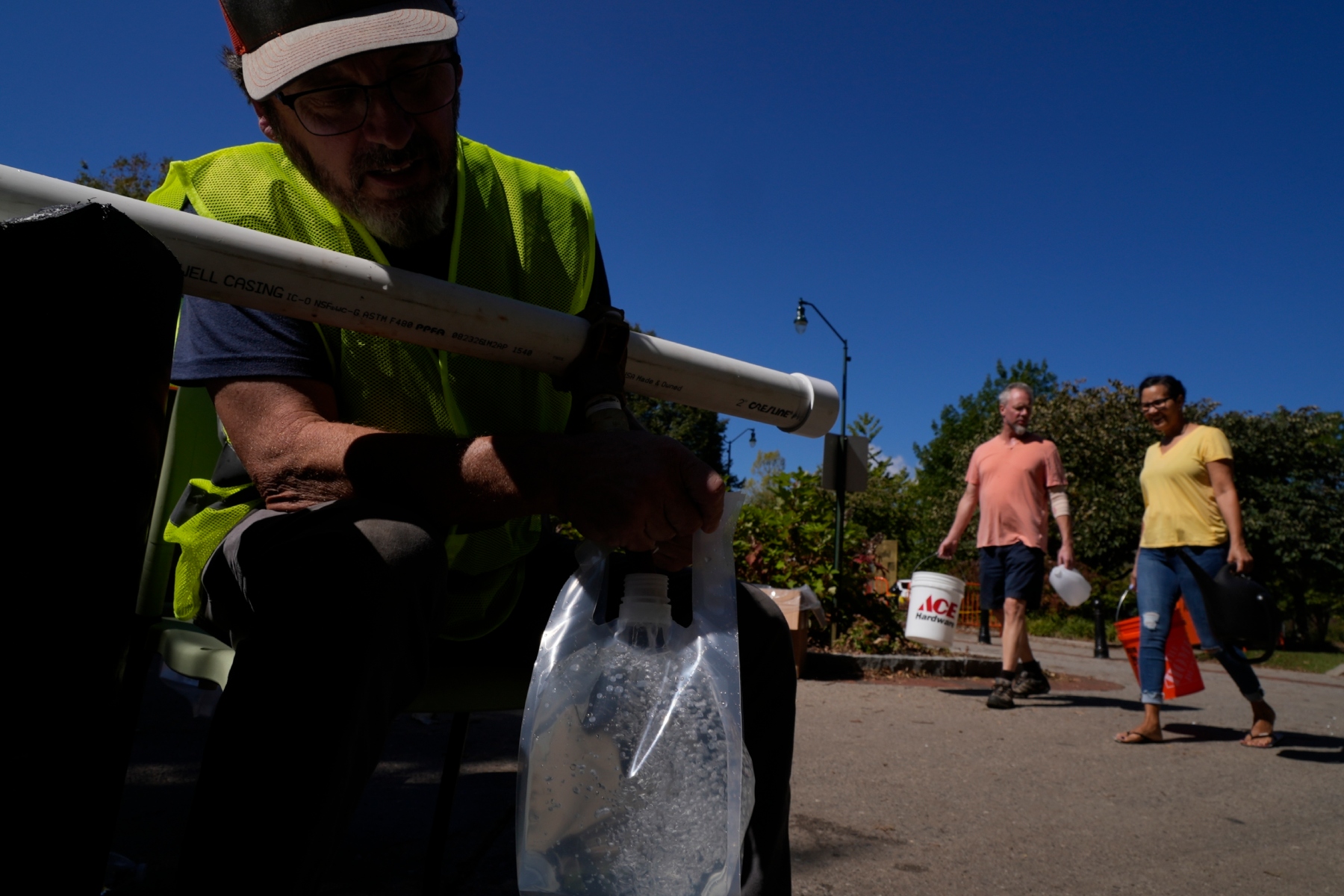ASHEVILLE, N.C. (828newsNOW) — Gov. Josh Stein on Thursday announced more than $86 million for 14 water infrastructure projects in Western North Carolina communities hit hard by Tropical Storm Helene.
The funding, the first awarded under a new U.S. Environmental Protection Agency disaster program, will support upgrades to drinking water, wastewater and septic systems to make them more resilient against future storms. North Carolina is the first Helene-affected state to distribute funds through the program.
“Too many people lost access to water when Hurricane Helene struck, and in some places, it took months to be able to guarantee potable water,” Stein said. “These grants will help towns across Western North Carolina strengthen their water infrastructure so that it can better withstand future storms.”
The money is part of $686 million allocated by Congress after Hurricane Helene and other recent disasters. Projects funded must both repair damage and incorporate flood protections.
Among the larger awards:
Junaluska Sanitary District in Haywood County will receive $10 million to replace outdated water mains and add new wells and backup power after the Pigeon River shifted during Helene flooding, damaging its system.
The City of Morganton and the Town of Drexel in Burke County will split more than $15 million to build an emergency water interconnection with Valdese to improve reliability during severe weather.
The Town of Hot Springs in Madison County will receive two awards totaling more than $10 million for pump station upgrades, new transmission lines, a 200,000-gallon storage tank, and flood protection measures.
Waynesville in Haywood County will receive $5 million to convert a sewer line to a force main, add a pump station and relocate equipment out of the 500-year floodplain.
Woodfin Sanitary District in Buncombe County will receive $5 million to install emergency backup power and replace valves at its treatment plant.
“These are the first awards from the $686 million from the Environmental Protection Agency for drinking water, wastewater, and septic system repairs and upgrades in the wake of Helene,” said Reid Wilson, secretary of the state Department of Environmental Quality. “Everyone expects and deserves to turn on the tap and receive water that is safe to drink.”
Applications for additional funding will be accepted year-round and reviewed on a rolling basis through 2026. The State Water Infrastructure Authority, an independent body within the Department of Environmental Quality, will continue to award projects in quarterly meetings.
Learn more about the Division of Water Infrastructure’s funding programs here.
















